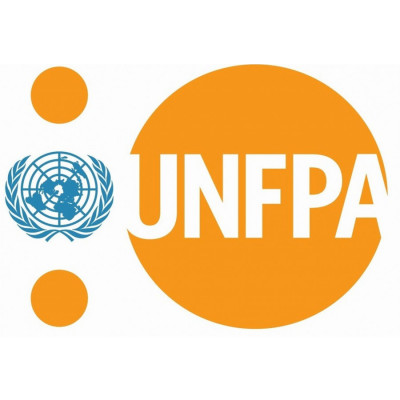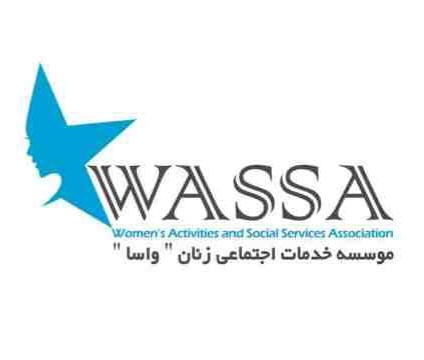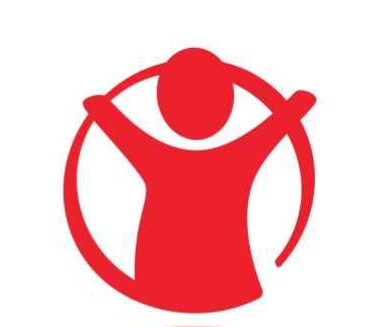Job Purpose:
The purpose of hiring an Individual Consultant “PSEAH Coordination Analyst, Jalalabad” is to strengthen safeguarding from sexual exploitation, abuse and harassment (PSEAH) across the eastern region of Afghanistan, which has been identified as one of the three high-risk regions in the country. The eastern region has been heavily affected by a recent devastating earthquake, compounding existing vulnerabilities with the ongoing return of Afghans from Pakistan, and persistent protection risks. In this context, safeguarding concerns are acute, requiring a strong field presence to ensure that both UNFPA’s emergency response and its wider programme and coordination portfolio systematically integrate PSEAH.
The Analyst will report directly to the PSEAH Specialist and Network Coordinator for strategic direction and operational oversight, while also receiving daily administrative guidance from the relevant Head of Sub-Office or Provincial Coordinator, as appropriate.
As a field-based position, the Analyst will work with colleagues in the Jalalabad Sub-Office to ensure PSEAH is embedded not only in earthquake and returnee response, but also across UNFPA’s broader programmes and initiatives in the eastern region. This includes supporting the Sub-Office to mainstream safeguarding in sexual and reproductive health and rights, GBV prevention and response, youth engagement, disability inclusion, and other humanitarian and BHN interventions. Tasks will include supporting the establishment of safeguarding systems, strengthening safe and confidential reporting and referral pathways, and promoting victim-centred approaches. The Analyst will also contribute to training, mentoring, and staff capacity-building to ensure consistent safeguarding practices across all units and sectors.
With implementing partners, the Analyst will provide technical support to both established and new organizations engaged UNFPA’s activities, earthquake response, and returnee programming. This will include conducting capacity assessments, supporting and monitoring action plans, and providing tailored mentoring and technical guidance. A strong focus will be placed on the safety, wellbeing, and capacity of frontline staff, as well as on ensuring that programme participants (particularly women, girls, youth, returnees, and other at-risk groups) are informed of their rights, aware of safe reporting mechanisms, and able to access timely support. Community engagement and data collection will be central to building an evidence base for interventions that are both responsive to emergencies and supportive of ongoing programme delivery.
At the inter-agency level, the Analyst will play a key role in establishing the Eastern Region PSEA Working Group as a platform for joint action on safeguarding. Once established, this group will coordinate prevention, awareness, reporting, and referral activities across agencies in the eastern region. The Analyst will also ensure that the group’s work in the eastern region is linked to the new regional and provincial coordination structures created under the Humanitarian Aid Architecture Review, as well as to the central highland coordination mechanisms, supporting coherence between eastern, regional, provincial, and national PSEAH efforts. In addition, the Analyst will collaborate closely with the GBV AoR and the Gender in Humanitarian Action (GiHA) mechanism to ensure complementarity and synergies between PSEAH, GBV, and gender programming, particularly around referrals, outreach, and risk analysis. The role will also liaise with inter-agency partners involved in earthquake response, returnee support, and broader humanitarian programming to ensure safeguarding is consistently embedded across all interventions.
Based in Jalalabad, with regular travel to affected districts, border crossings, returnee sites, and UNFPA-supported programme locations, the Analyst will act as the operational link between UNFPA’s national safeguarding commitments and field realities. The aim is to ensure that PSEAH standards are mainstreamed across UNFPA’s wider programme and coordination portfolio in the eastern region of Afghanistan, delivering practical protection measures for frontline staff and programme participants with a strong focus on gender- and age-sensitive prevention, safe reporting, survivor-centred response, and the inclusion of returnee and disaster-affected communities.
You would be responsible for:
Under the overall supervision of the PSEAH Specialist and Network Coordinator for strategic direction and operational oversight, and with daily administrative guidance from the Jalalabad Sub-Office (Head of Sub-Office or Provincial Coordinator), the PSEAH Coordination Analyst will work with UNFPA colleagues, implementing partners, and inter-agency counterparts to strengthen safeguarding commitments across internal systems, implementing partners, and coordination platforms in the eastern region of Afghanistan. She/he will perform the following tasks:
Jalalabad Sub-Office
- Work with colleagues in the Jalalabad Sub-Office to mainstream PSEAH across UNFPA’s programme portfolio, including earthquake response, returnee programming, sexual and reproductive health, GBV, and youth interventions.
- Assist in establishing and strengthening safeguarding systems, policies, and procedures to ensure consistent practice across all Sub-Office initiatives.
- Strengthen safe and confidential reporting and referral pathways, ensuring they are functional in both emergency and longer-term programme contexts.
- Organize and deliver training, workshops, and mentoring for UNFPA staff to reinforce prevention, safe disclosure management, and survivor-centred responses.
- Support sub-office activities, monitoring, and programme activities, as requested by Head of Sub-Office/Provincial Coordinator.
Implementing Partners
- Provide technical support to both established and new implementing partners in the eastern region, including those engaged in earthquake response and returnee support, to help them meet safeguarding requirements and build sustainable systems.
- Roll out the UN Implementing Partner PSEA Capacity Assessment, support the development and monitoring of action plans, and provide technical mentoring and follow-up.
- Strengthen safeguarding measures for frontline staff, ensuring their safety, wellbeing, and access to survivor-centred reporting and response services.
- Ensure programme participants (particularly women, girls, youth, returnees, and other vulnerable groups) are aware of PSEA, their rights, reporting options, support available, and referral pathways.
- Support implementing partners in conducting community engagement and awareness-raising activities and contribute to data collection/analysis to inform evidence-based safeguarding interventions in the eastern region.
Inter-agency coordination
- Ensure the establishment of the Eastern Region PSEA Working Group, convening coordination meetings, ensuring follow-up, and contributing to joint community outreach and prevention initiatives.
- Ensure that the group’s work in the east is linked to new regional and provincial coordination structures established under the Humanitarian Aid Architecture Review, as well as to central highland coordination mechanisms, to support coherence between eastern, regional, provincial, and national PSEAH efforts.
- Participate in inter-agency field missions, monitoring visits, and joint awareness campaigns, particularly in earthquake-affected districts, returnee reception sites, and border areas.
- Collaborate closely with the GBV AoR and GiHA mechanisms to ensure complementarity between PSEAH, GBV, and gender programming, particularly in referrals, outreach, and risk analysis.
- Liaise with inter-agency partners involved in earthquake response, returnee support, and broader humanitarian programming to ensure PSEAH standards are integrated across all sectors.
Support
- Provide logistical, administrative, and translation support for PSEAH-related activities in Jalalabad and across the eastern provinces.
- Support the rollout of the SEARO risk index and contribute to its use in programme monitoring and planning.
- Provide inputs to UNFPA internal reports, inter-agency updates, briefing notes, and lessons-learned documentation, ensuring the eastern region’s realities are consistently reflected.






